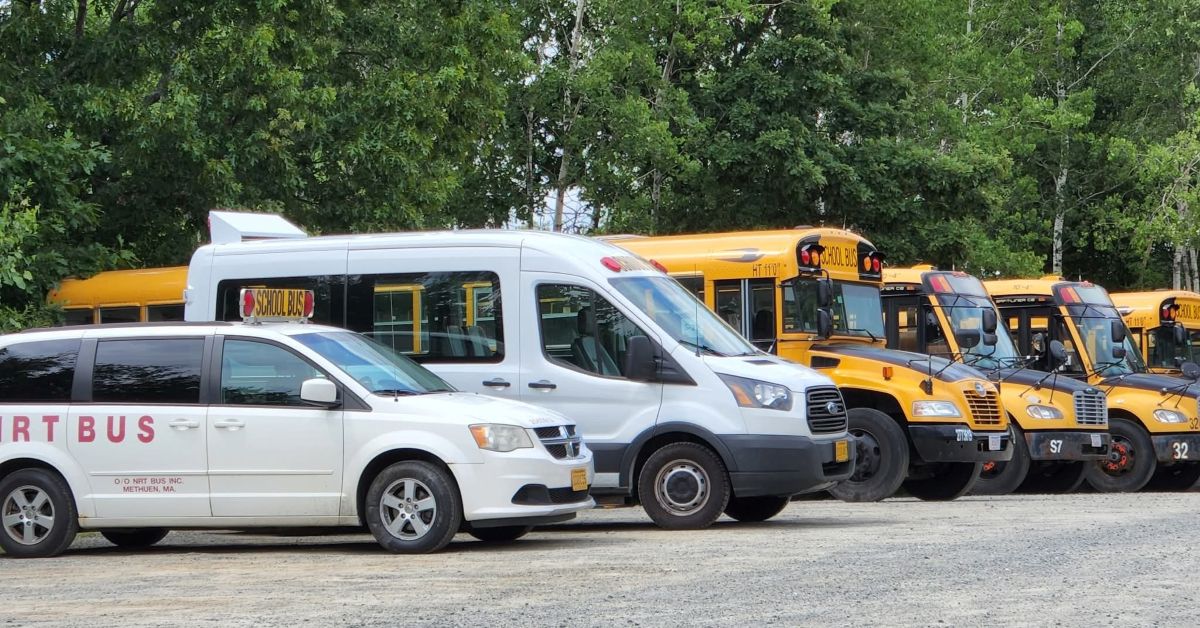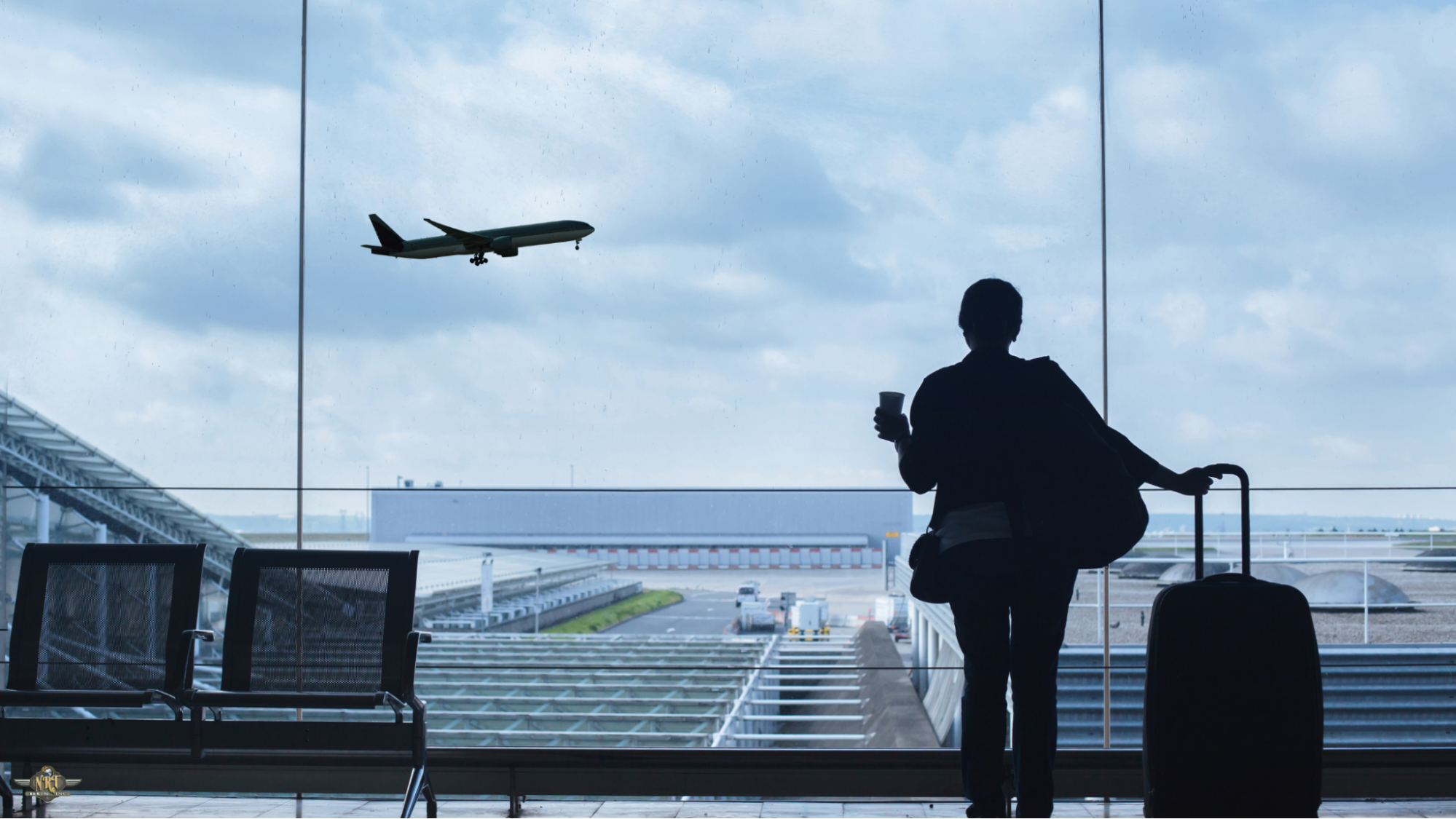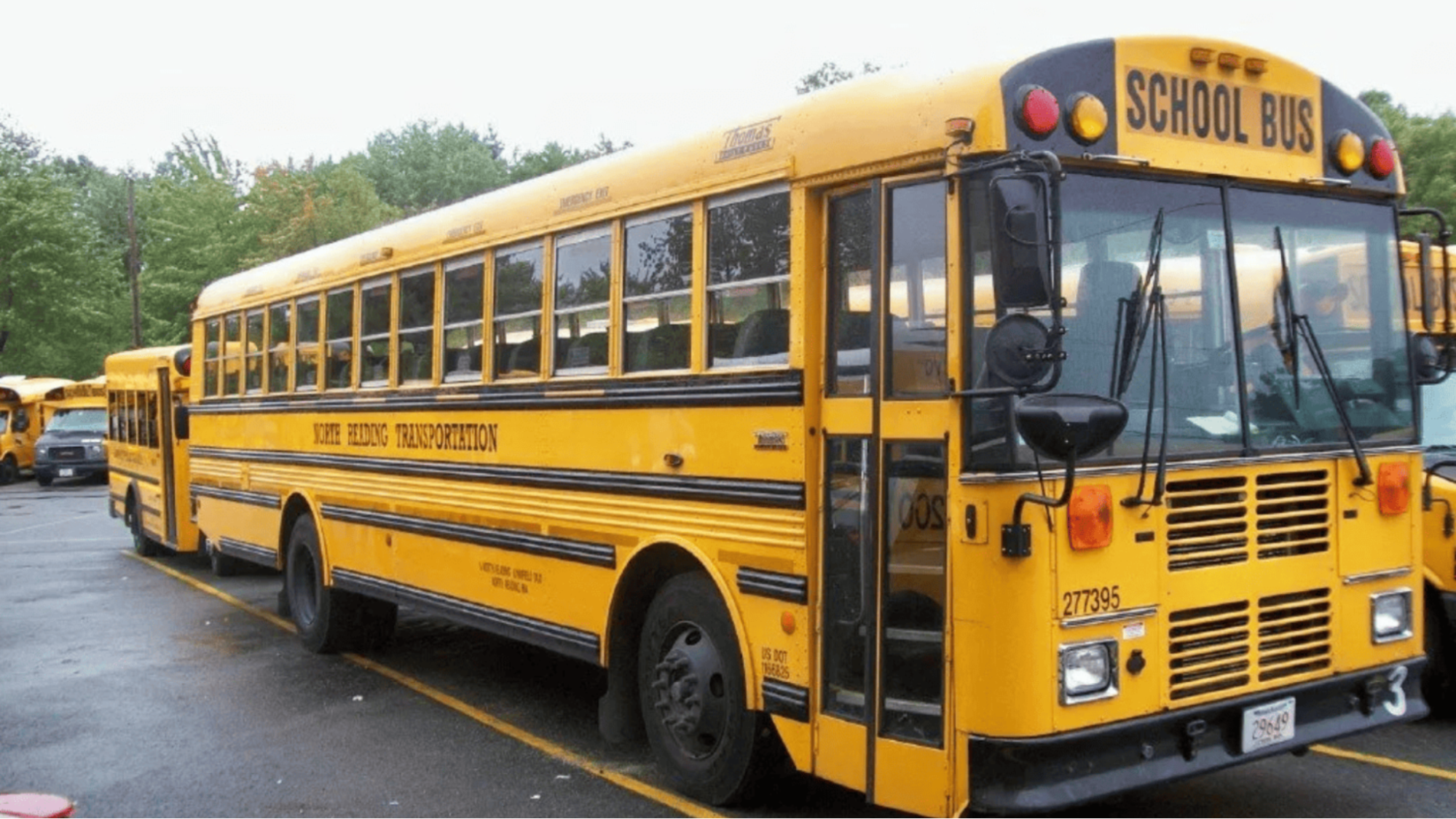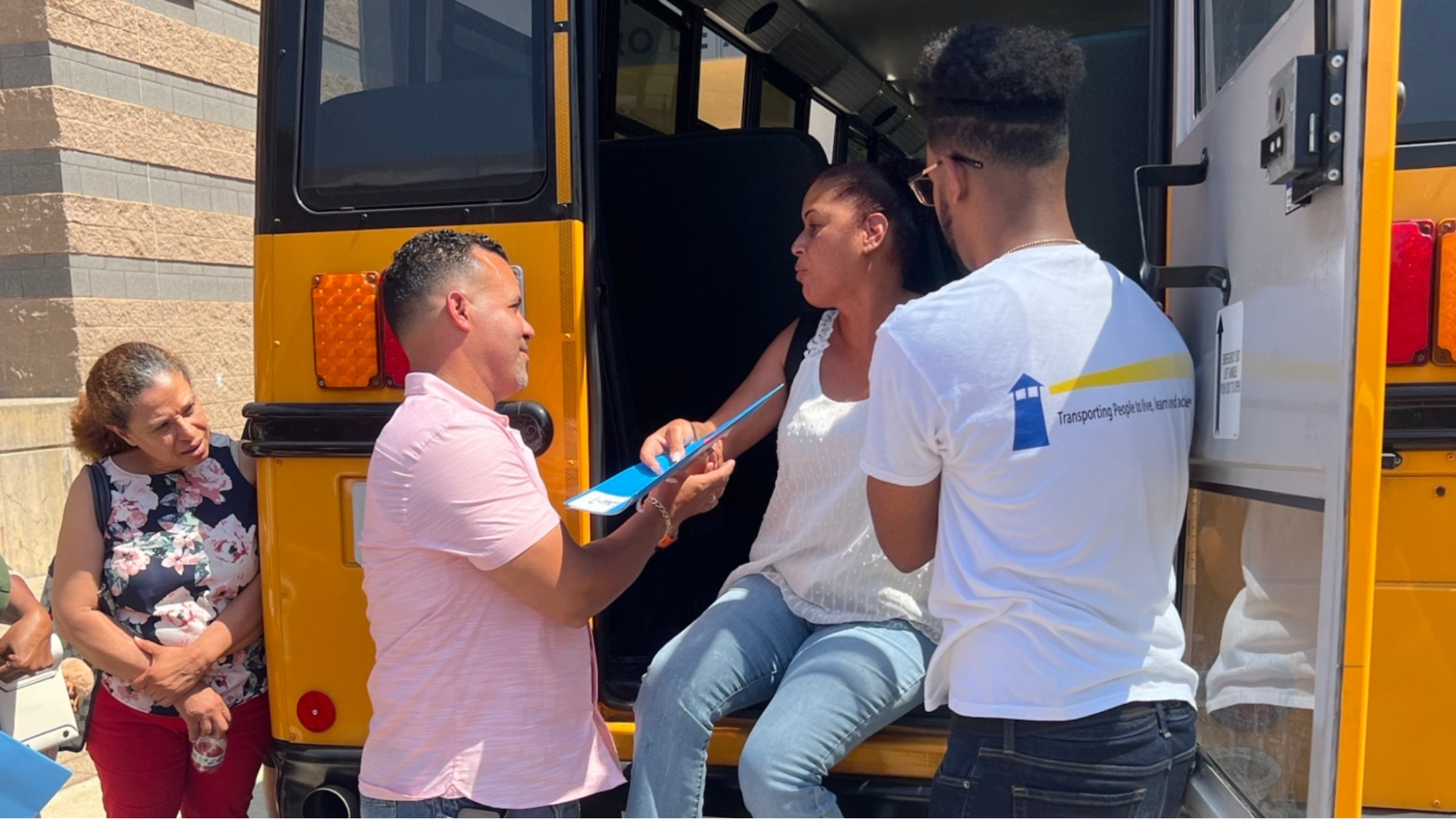As more Massachusetts schools resume off-campus learning experiences post-COVID, field trip planning requires renewed attention to one critical area: safe transportation. The buses you hire and the drivers behind the wheel have a direct impact on student safety, legal liability, and trip success.
Vetting charter bus companies isn’t just a good idea — it’s a requirement for schools that take student safety seriously.
Why Field Trip Safety Starts with the Right Transportation
Every field trip begins and ends with transportation. When that piece is secure, everything else runs more smoothly. According to the National Highway Traffic Safety Administration (NHTSA), school buses remain the safest form of road transport, responsible for less than 1% of all traffic fatalities involving children.
Massachusetts enforces high transportation standards, and districts have a duty to follow them — from choosing certified vehicles to hiring properly licensed drivers.
Key Risks Schools Must Consider
Despite safety improvements, the risks are real. In 2023, school bus-related crashes caused 128 fatalities, a 23% increase from the year prior. From 2013–2022, over 132,000 injuries were reported in school bus crashes nationally.
Most incidents occur during pick-up and drop-off hours. These numbers underscore why thorough vetting is non-negotiable.
What Massachusetts Schools Should Check Before Booking a Bus Company
Vetting a bus provider means more than comparing prices. Here’s what every MA district should require:
Driver Licensing and Background Checks
- Commercial Driver’s License (CDL) with P (Passenger) and S (School Bus) endorsements
- Clean driving records — no DUIs or violent offenses
- Full criminal background checks
- Regular drug and alcohol testing
- Documented training (classroom + supervised drive time)
Vehicle Maintenance and Safety
- Preventive maintenance logs and repair history
- 20-day safety inspection cycles and annual evaluations
- Pre-trip inspection checklists
- Emergency plans onboard
Safety Equipment on Every Bus
- Seat belts or child restraint systems
- GPS tracking and route monitoring
- Interior video surveillance (minimum three cameras)
- Working stop-arm signals, lighting, and rollover protection
Insurance and Liability Coverage
- $1–5 million liability coverage depending on vehicle size
- Certificates that meet or exceed Massachusetts field trip insurance requirements
- Umbrella policies for added protection
Legal Requirements for MA Field Trips
Massachusetts has clear laws governing student travel, particularly overnight or late-night trips. According to General Laws Chapter 71, Section 37N:
- No vans or private cars may be used for student travel in these situations
- Only district-approved commercial carriers with satisfactory FMCSA safety ratings are permitted
Trip approval timelines vary:
- In-state day trips: 30 days’ notice
- Overnight/out-of-state: 60 days
- International: Planning must begin before the school year starts
Don’t Skip the Paperwork: Waivers, Permissions & Medical Info
Well-drafted forms protect everyone involved. Schools should collect:
- Medical consent for emergency treatment
- Signed permission slips with detailed travel plans
- Transportation approvals for specific carriers
- Emergency contact details and allergy or medication info
- Waivers that limit school liability while meeting state legal standards
Massachusetts districts often include language releasing the school and district from “all claims arising by reason of the field trip,” which helps protect against litigation.
Emergency Planning and Supervision Protocols
Preparedness saves lives. Schools should implement:
Chaperone Ratios
- Elementary: 1 adult per 3–5 students
- Middle School: 1 per 8–10
- High School: 1 per 12–15
- Additional support for students with disabilities
Emergency Communications
- Contact list including each student’s guardian, nearby medical facilities, and school admin
- Real-time communication plan (text chains, school messenger updates)
First Aid Readiness
- At least one field trip-specific first aid kit per chaperone
- Basic Supplies: gloves, antiseptics, bandages, cold compresses
- Extra medications as listed by families or nurses
On-the-Ground Safety Rules
- Enforce the buddy system
- Take attendance at every transition point
- Ensure students are always within line of sight
Final Thought: Safe Trips Start Long Before the Bus Arrives
Planning a great field trip starts with choosing the right transportation provider. Massachusetts schools must take a proactive role in vetting vendors — from licensing and maintenance to supervision and emergency readiness.
When done right, field trips become more than safe — they become transformational. Students return with new memories, parents feel reassured, and schools meet their educational goals without added risk.
NRT’s Commitment to Safe School Transportation
As a trusted charter provider serving Massachusetts schools, NRT understands what’s at stake. We meet or exceed all state safety standards and provide transparency at every step — from driver records to vehicle maintenance logs.
Safe trips begin with smart choices. Let’s work together to make your next field trip both educational and secure.







